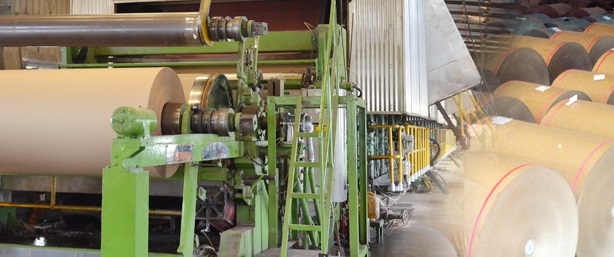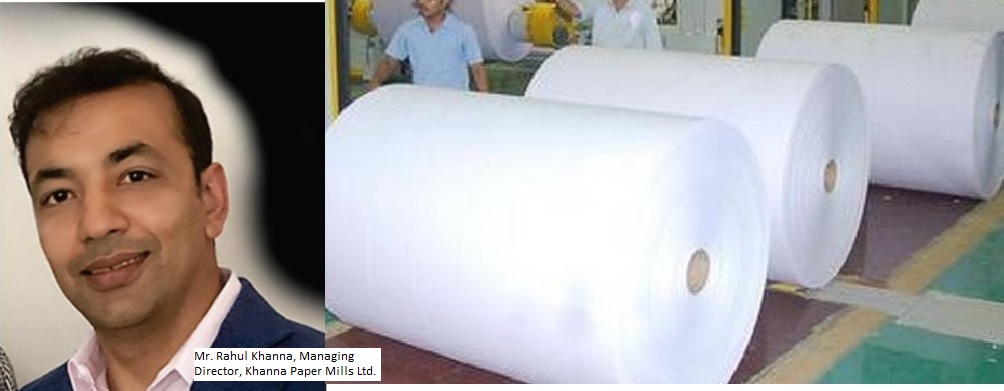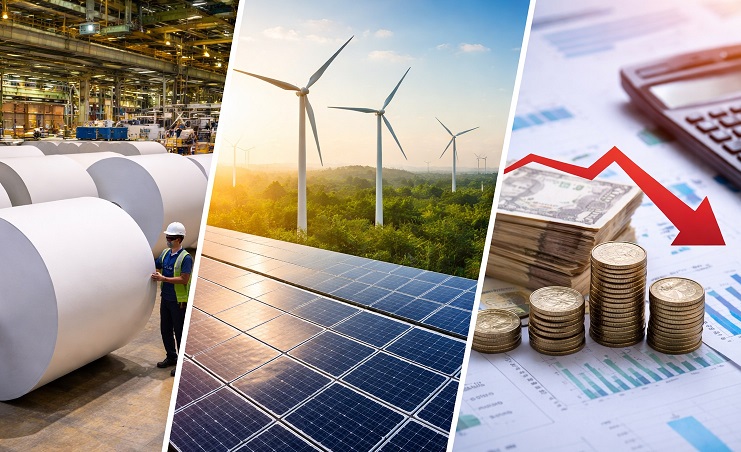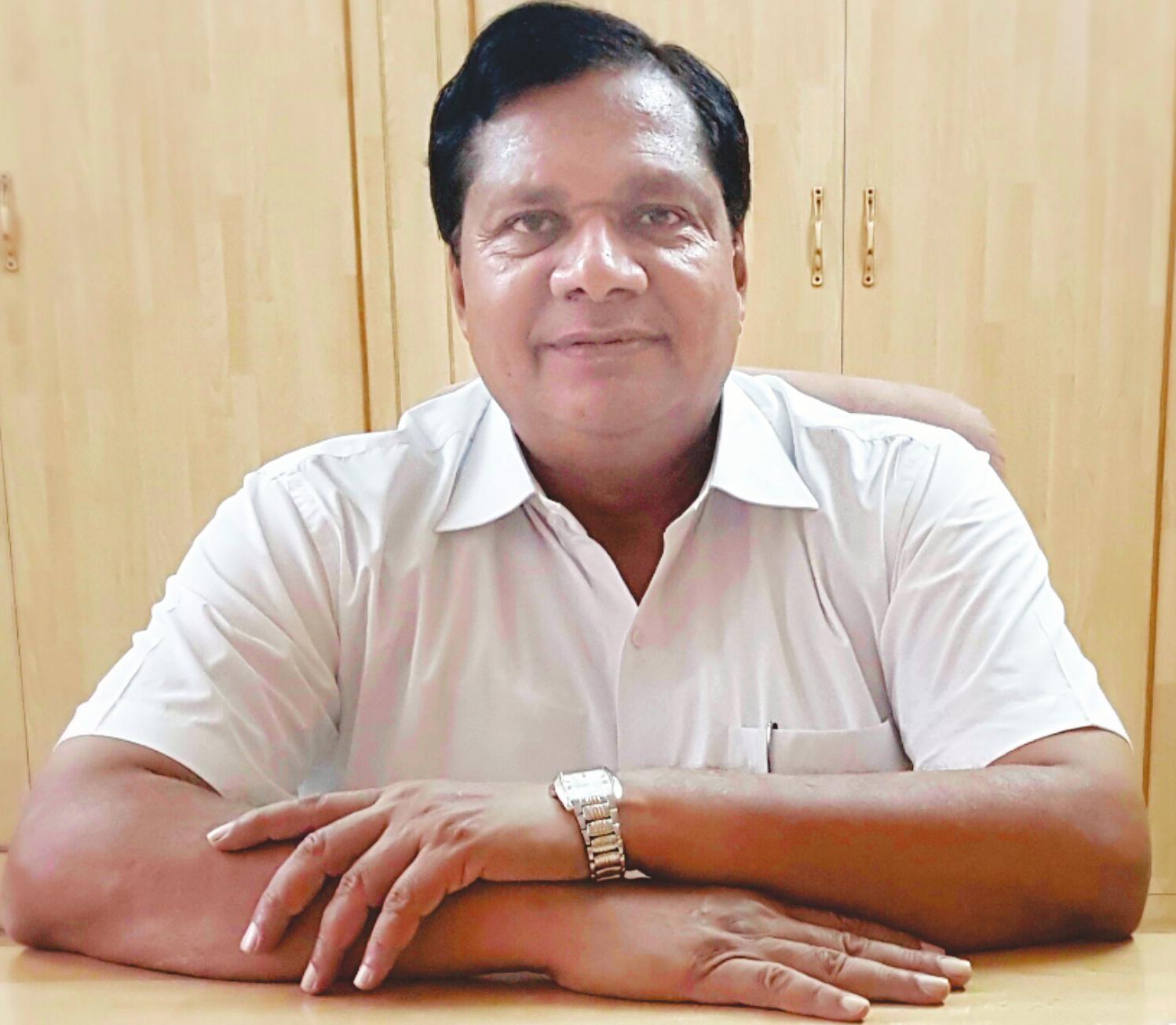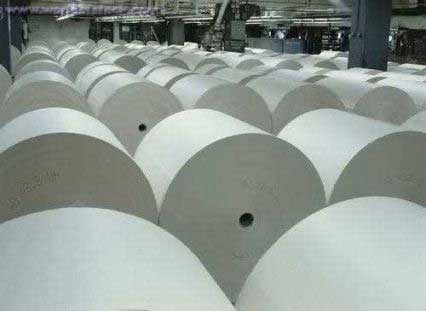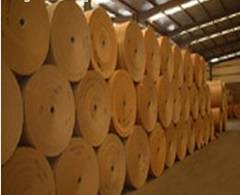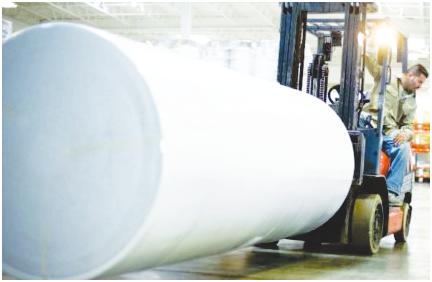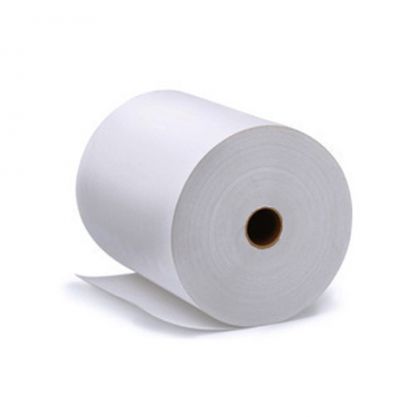“There are around 80 players in the molded fiber market, many of whom operate on thin margins and struggle to sustain their operations,” says Mr. Jagdeep Hira, India Business Head, Pakka
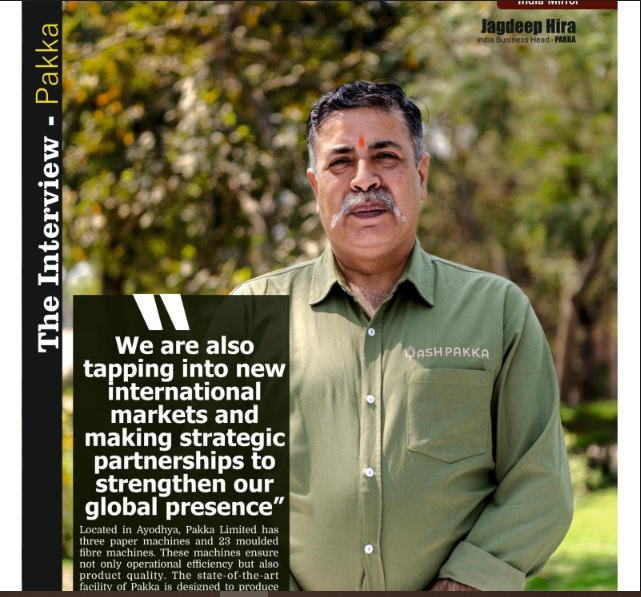
“There are around 80 players in the molded fiber market, many of whom operate on thin margins and struggle to sustain their operations,” says Mr. Jagdeep Hira, India Business Head, Pakka
Key points of Interview:
-We are also tapping into new international markets and making strategic partnerships to strengthen our global presence
-As the industry moves towards sustainable alternatives, Agri fiber availability is becoming a focal point
-We are constantly innovating to balance product shelf life with compostability
-Pakka’s Guatemala facility is strategically positioned to serve the American market, taking advantage of proximity and logistical efficiency
-Our slight price adjustment (molded fiber tableware) is a strategic response to short-term pricing challenges, but our long-term focus remains on delivering quality and sustainability.
Located in Ayodhya, Pakka Limited has three paper machines and 23 moulded fibre machines. These machines ensure not only operational efficiency but also product quality. The state-of-the-art facility of Pakka is designed to produce compostable food packaging from agri-residue materials. In an exclusive interview with Mr. Jagdeep Hira — India Business Head, Pakka — he shares insights on the molded fiber product market, Pakka’s expansion, overseas market growth, and pioneering efforts in recyclable flexible packaging in India. Here are his views:
The Pulp and Paper Times:
Q: Can you provide an overview of Pakka Limited's manufacturing unit and its operations?
At Pakka, our manufacturing units are the heart of our operations. Located in Ayodhya, our state-of-the-art facility is designed to produce compostable food packaging from agri-residue materials. Bagasse is the leftover fiber from sugarcane and this raw material would otherwise have been burned or thrown. We source almost 65-70 truckloads of bagasse every day during the months of November to April. Pakka’s priority is to source these locally within 200km radius to support local farmers. In our manufacturing facility, we have 3 paper machines and 23 moulded fibre machines. These machines not only ensure operational efficiency but also product quality. Since our focus is adopting sustainable practices in every aspect of production, from raw material sourcing to final output, we generate 95% of our own biomass electricity and recycle 50% of the water and reuse it in the process.
Q: How do you evaluate the current state of the packaging paper and specialty paper markets for our readers amid overcapacity and declining exports?
The packaging paper and specialty paper markets are indeed facing challenges due to the following reasons.
1. Economic deceleration in key export markets.
2. Trade barriers imposed by importing countries.
3. Increased shipping costs and supply chain disruptions.
Despite these challenges, we are certain about business doing better because:
1. Pakka’s commitment to tree-free, compostable, and regenerative packaging aligns with the growing global demand for eco-friendly solutions.
2. By collaborating with more international partners and stakeholders.
3. By diversifying our offerings to meet the dynamic needs.
Q: Pakka is eyeing doubling the manufacturing volume and tripling turnover at the Ayodhya plant. What is Pakka's roadmap to reach a USD 1 billion turnover?
Our roadmap to a USD 1 billion turnover is built on three key pillars:
1. Capacity expansion
2. Product innovation
3. Strategic global outreach.
With the Project Jagriti expansion in Ayodhya, we are set to manufacture compostable and recyclable flexible packaging in-house, doubling our manufacturing capacity while diversifying our product portfolio. With Chuk compostable tableware going global and entering US, we are also tapping into new international markets and making strategic partnerships to strengthen our global presence.
Q: The molded fiber tableware market is penetrating very fast, creating price pressure on sellers. Pakka has been facing a lot of headwinds in the market and has dropped prices slightly to catch up. What is the current scenario in compostables?
The molded fiber tableware market is evolving rapidly, with increased competition and growing price sensitivity. Currently, there are around 80 players in the market, many of whom operate on thin margins and struggle to sustain their operations in the longer run. Despite this, Pakka remains a reliable supplier for five key reasons:
1. In-house pulp manufacturing
2. Over 40 years of manufacturing expertise & serving across 40+ countries
3. Consistent supply
4. Partnerships with top brands
5. Lowest carbon footprint as per Amazon study
Our slight price adjustment is a strategic response to short-term pricing challenges, but our long-term focus remains on delivering quality and sustainability.
Q: Pakka successfully developed the world’s first home-compostable and recyclable paper-based flexible packaging. Please shed some light on this and how it will change the packaging market. Please shed some light on new flexible packaging capacity.
Pakka’s compostable & recyclable flexible packaging is industrial compostable and yes, it is a game-changer for the industry. It addresses the critical need for reducing traditional packaging material while maintaining the functionality that brands and consumers expect.
Q: Pakka has embarked on the INR 675 Crore Jagriti Project expansion with robust fundamentals. Please update our audience on its progress and how it will benefit Pakka’s operational efficiency and product portfolio.
The Project Jagriti is a big step in our journey towards sustainable packaging solutions for Pakka. Once operational, the project will manufacture compostable & recyclable flexible packaging. Scheduled for completion by 2026, this state-of-the-art facility will double our manufacturing capacity and significantly enhance product diversity.
The benefits of this expansion extend beyond Pakka to the entire industry, as it sets a benchmark for scalable, sustainable manufacturing. With increased production capacity and a diversified product portfolio, Jagriti will enable Pakka to meet the growing global demand for eco-friendly packaging while staying resilient amid market fluctuations.
Q: How many types of fibers can be used in the making of molded products? As molded products are made from agro-residual materials like straw or bagasse, some paper mills in India are making writing and printing paper from agro waste and successfully selling it at good prices. How do you see the future availability of agro fibers as the penetration of molded products increases? Which business do you think is more profitable and sustainable in the long term?
Molded products can be made from a variety of agri fibers, including bagasse, wheat straw, bamboo, and other agricultural residues. As the industry moves towards sustainable alternatives, agri fiber availability is becoming a focal point. We see a steady supply as more farmers and producers recognize the value of converting waste into products. In the long term, molded fiber products are poised to be more sustainable and profitable, as regulatory support and consumer preference shift toward compostable solutions.
Q: Pakka has started working on its first overseas plant—a compostable molded fiber and flexible packaging facility in Guatemala—planning to cater to the compostable packaging demands of North America and Europe. How do you see the growth and business prospects amid the tariff trade war initiated by the U.S. with Canada and Mexico? Please shed some light on the sustainability of this plant.
Pakka’s Guatemala facility is strategically positioned to serve the American market, taking advantage of proximity and logistical efficiency. Despite trade uncertainties, the growing demand for compostable solutions in these markets gives us confidence in our strategy.
Q: In Europe, a new wood-fiber-based and recyclable material called Paptic has been developed to replace plastic films in flexible packaging. It can be produced on existing paper machines in mills with the application of different types of barriers. How would you differentiate your packaging from wood-based alternatives?
Paptic is an impressive innovation that combines the strength of paper with the flexibility of plastic. Made from renewable wood fibers, it offers durability and recyclability. However, our compostable & recyclable flexible packaging takes sustainability a step further by utilizing agri-residue like bagasse rather than wood.
Also, while Paptic is recyclable, our packaging is both compostable and recyclable, aligning more closely with circular economy principles. We believe using agricultural byproducts is more resource-efficient, as it not only reduces waste but also supports the agricultural community by creating value from residues.
Q: This seems contradictory to us—perhaps we are wrong—but in India, a chocolate bar typically has a shelf life of around 9 months to a year, depending on the type of chocolate (milk, dark, or white) and the brand. Pakka’s flexible packaging completely biodegrades within 180 days. How will your packaging sustain products with a shelf life of more than six months?
Our packaging is designed to be both functional and compostable, breaking down within 180 days under ideal conditions. We are constantly innovating to balance product shelf life with compostability.
We conduct thorough testing to ensure that every partnership is valuable and effective. For example, Brawny Bear first launched a chocolate using Pakka’s flexible packaging. After a year of successful performance and positive feedback, they introduced a date bar with our packaging as well—proof that the initial collaboration was a success.
Q: Recently, Metsä Spring introduced ‘Muoto,’ a molded fiber product made from renewable and biodegradable wood fibers, offering superior functionality in targeted applications. How does Pakka evaluate molded tableware made from agro waste versus wood-based alternatives in terms of sustainability, performance requirements, cost considerations, and market positioning?
Muoto, developed by Metsä Spring, is an innovative molded fiber product made from sustainably sourced Finnish wood fibers. It’s known for its strength, design flexibility, and compatibility with barrier coatings. This makes it suitable for various packaging applications. While we are in awe of the technological advancements Muoto brings, Pakka’s molded tableware sets itself apart by using agri-residual materials such as bagasse, which supports agricultural communities.
Chuk tableware is 100% compostable. In terms of cost, using agri residues often results in a more economical production process, which helps us remain competitive without compromising on quality. Additionally, our products maintain exceptional sturdiness and safety, making them particularly suitable for food service and catering applications.
Q: Is there any message you would like to convey to the Indian paper industry?
The Indian paper industry stands at the cusp of a transformative era. As global demand for sustainable and eco-friendly solutions continues to grow, the industry has an incredible opportunity to lead the way. We believe that innovation, collaboration, and a commitment to circular economy principles are essential for staying ahead. Investing in advanced technologies and leveraging renewable raw materials can ensure not only business growth but also environmental stewardship. Let’s work together to build a future where sustainable practices are at the heart of every product and process.
Web Title: “There are around 80 players in the molded fiber market, many of whom operate on thin margins and struggle to sustain their operations,” says Mr. Jagdeep Hira, India Business Head, Pakka




 Join WhatsApp Group
Join WhatsApp Group Join Telegram Channel
Join Telegram Channel Join YouTube Channel
Join YouTube Channel Join Job Channel (View | Submit Jobs)
Join Job Channel (View | Submit Jobs) Join Buy Sell Channel (Free to Submit)
Join Buy Sell Channel (Free to Submit) Paper News Headlines Channel (Free to read)
Paper News Headlines Channel (Free to read)





